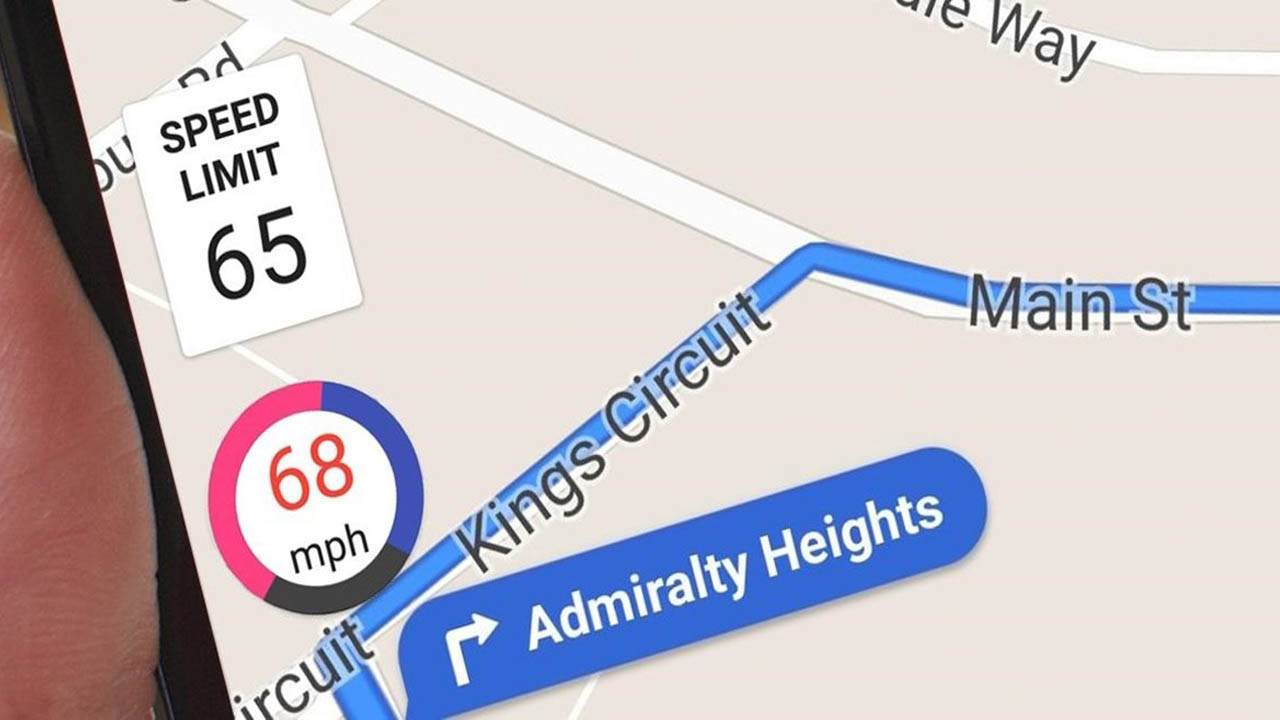[ad_1]
Crypto mining is a process of verifying and adding transaction records to a public ledger, known as the blockchain. It is a fundamental part of the cryptocurrency ecosystem, allowing users to earn digital coins by solving complex mathematical puzzles. While the rewards may be great, crypto mining also presents a range of challenges.
One of the biggest challenges of crypto mining is the increasing difficulty of the puzzles. As more miners join the network, the difficulty of the puzzles increases, making it more difficult for miners to solve them. This means that miners must constantly upgrade their hardware and software in order to remain competitive. It also means that miners must be prepared to invest more money in order to keep up with the competition.
Another challenge of crypto mining is the high cost of electricity. The cost of electricity can vary greatly depending on the location of the miner, and the cost of electricity can make or break a miner’s profitability. Miners must make sure that they are able to secure a reliable and affordable source of electricity in order to remain competitive.
Finally, crypto mining is also subject to the risk of theft. As the value of cryptocurrencies continues to rise, so does the potential for theft. Hackers can steal miners’ digital coins, as well as their hardware and software. To protect against theft, miners must make sure that their hardware and software are secure, and that their wallets are properly encrypted.
Crypto mining is a complex process, and it presents a range of challenges to miners. From increasing difficulty levels to the high cost of electricity, miners must be prepared to face a range of obstacles in order to remain competitive. By understanding the challenges of crypto mining, miners can make more informed decisions and increase their chances of success.
[ad_2]





















